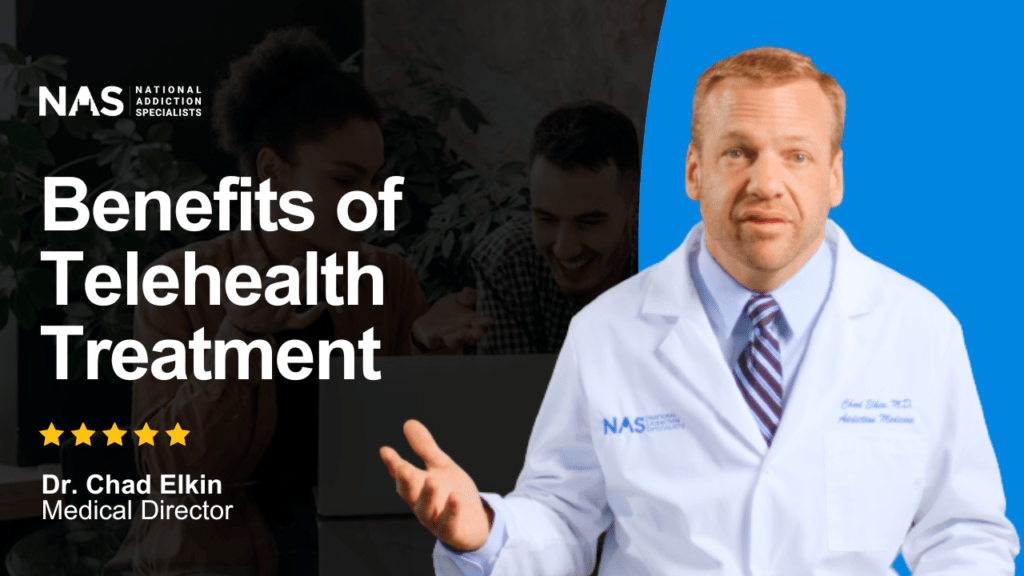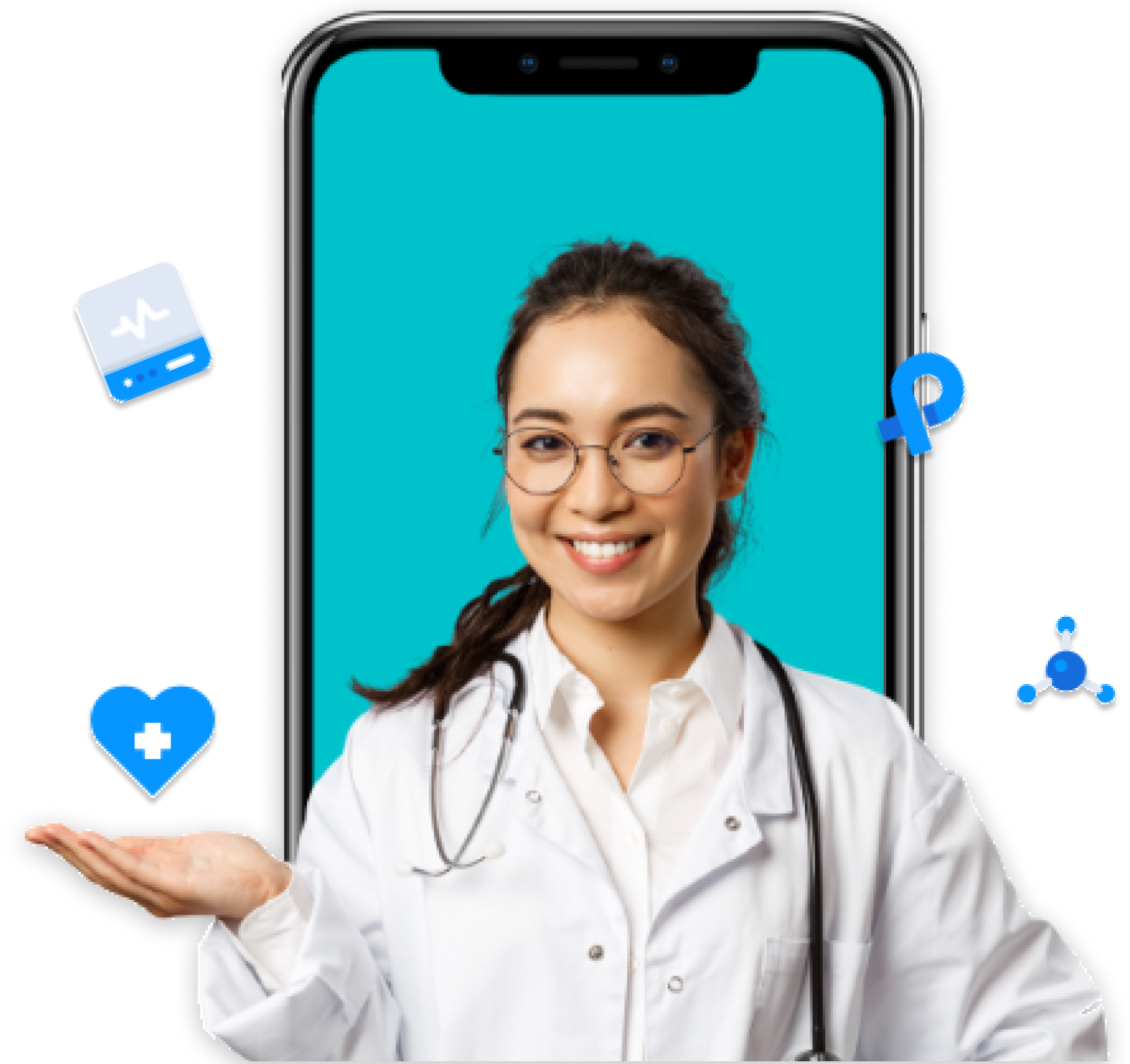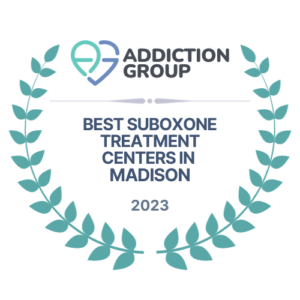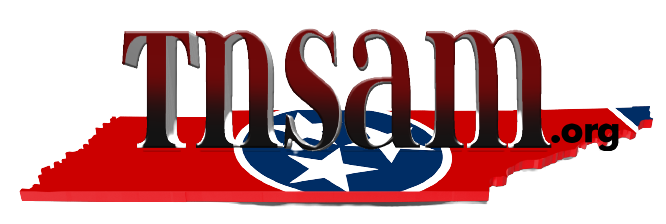

What is Medication Assisted Treatment?
Medication-assisted therapy (MAT) is an evidence-based treatment for opioid use disorder (OUD) and alcohol use disorders (AUD). It combines FDA-approved drugs with counseling and support services to help people recover from addiction.
MAT combines medication, such as Suboxone, with counseling and therapy to provide a holistic approach in treating opioid-use disorder. By relieving withdrawal symptoms and cravings, medications like Suboxone can make it simpler for users to stop using opioids and focus entirely on other aspects of their addiction recovery.
How MAT Works?
Medication assisted treatment works by providing a holistic approach to substance abuse addiction. In combination with FDA-approved medications and counseling and support services, it can help to address the underlying psychological and social issues that may have contributed to their addiction with the help of counseling and therapy.
Addressing problems like trauma, stress, and mental health conditions can be part of this. Individuals can learn coping mechanisms and develop the abilities they need to maintain long-term recovery through counseling and therapy.
By offering them a thorough treatment plan that takes into account their physical, psychological, and social needs, MAT programs can generally assist people in achieving and maintaining long-term recovery from opioid addiction. This can make sure that people have the tools they need to continue their recovery even after the program is over.
- MAT is a holistic strategy that addresses every aspect of a person's addiction. It includes the physical, psychological, and social aspects of individuals rehabilitation into a comprehensive and evidence-based treatment plan.
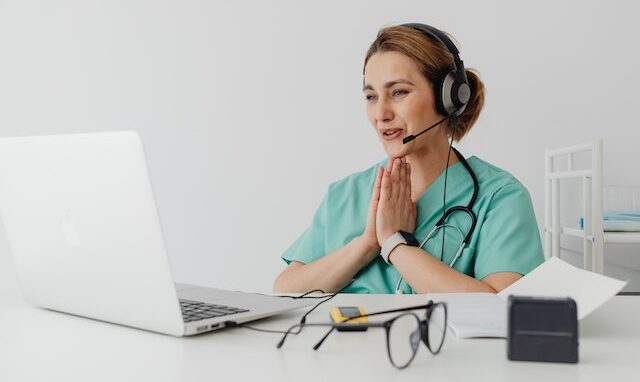

Medications Used in MAT Program
There are several FDA-approved medications used in MAT program to assist individuals control cravings, decrease withdrawal symptoms, and support long-term recovery. The following are the commonly used medication in MAT:
Opioid Use Disorder:
- Methadone – Full opioid agonists that can reduce cravings and withdrawal symptoms without producing the intense euphoria associated with opioids.
- Buprenorphine – Partial agonists that work in the brain receptors to reduce cravings and withdrawal is milder compared to heroin or methadone.
- Naltrexone – Opioid antagonist that blocks the effects of opioids, reducing their appeal. Vivitrol, ReVia and Depade are some brands that contain naltrexone
Alcohol Use Disorder:
- Naltrexone – it reduces alcohol cravings and can help an individual reduce the “rewarding feeling” when drinking.
- Disulfiram – causes unpleasant reactions when drinking alcohol, acts as a deterrent that blocks the processing of alcohol in the body.
- Acamprosate – is for alcohol-dependent individuals who decided to stop drinking alcohol. It works with brain chemicals to reduce alcohol cravings.
Medication for Opioid Overdose
Naloxone is a commonly used medication for treating opioid overdose. Naloxone works by binding to the same brain receptors as opioids and rapidly displacing the opioids, restoring normal respiration and consciousness. This medication is typically administered by first responders, healthcare professionals, and trained individuals and is widely accessible without a prescription.
It comes as a nasal spray (NARCAN) and an auto-injection device with verbal instructions (EVZIO). NARCAN is sprayed into one nostril and has a 2 nd dose available if the patient is not responsive afterwards. EVZIO is an electronic device and gives audio instructions on what to do when you open it and acts as an auto-injector.
National Addiction Specialists recommends both NARCAN and EVZIO.
Suboxone for Opioid Addiction
Suboxone is a combination of buprenorphine and naloxone used to treat opioid use disorders as part of a medication treatment (MAT) program.
Buprenorphine is an opioid agonist that acts on opioid receptors in the brain to reduce cravings and withdrawal symptoms. Naloxone is an opioid antagonist that works by blocking the effects of opioids to prevent relapses. Suboxone to treat opioid addiction, in combination with these two drugs in conjunction with counseling, has effectively reduced cravings and prevented relapses in people with opioid use disorder.
Medication Assisted Treatment assist individuals in addressing the underlying psychological and social issues that may be motivating them to use opioids. MAT can support individuals in developing support systems, learning coping mechanisms, and addressing any co-occurring mental health conditions that might urge opioid use.
- Addiction does not discriminate and can affect anyone. Medication by itself is ineffective and can be dangerous if used without the right supervision from a healthcare professional.
Benefits of Medication Assisted Treatment (MAT Program) for Opioid Addiction
Suboxone medication-assisted treatment (MAT) programs for opioid addiction may be beneficial for individuals with opioid use disorders. Some advantages of the MAT program for opioid addiction include:
Effectiveness of MAT Program for Opioid-Use Disorder
The Food and Drug Administration (FDA) has approved Suboxone for use in the Medication-Assisted Treatment (MAT) program for the treatment of opioid use disorder.
Combining medication-assisted treatment with other evidence-based treatment modalities, such as counseling and behavioral therapy, is the most effective way to treat opioid use disorder. For optimal results, it is also essential to strictly adhere to a prescribed treatment plan, which includes taking prescribed medications and attending scheduled appointments and counseling sessions.
While holistic medication-assisted programs can be an effective option for treating opioid addiction, it is crucial to remember that they should not be considered a one-size-fits-all treatment, but rather should be tailored to the individual’s needs. Identifying a reputable online suboxone treatment program provider who can provide remote suboxone care and support is also essential.
Addiction can be overcome without the use of medication, but the chances of relapse are higher
Statistically, those who use suboxone medication-assisted treatment to treat opioid addiction have a higher rate of recovery and a lower risk of relapse


Is Medication Assisted Treatment Right for Me?
To determine if a medication-assisted treatment program is the best choice for you, it is essential to discuss your treatment options with a qualified Suboxone treatment provider, such as a National Addiction Specialists outpatient addiction treatment.
Before determining the best course of action for you, our healthcare provider will evaluate the severity of your opioid use disorder, any underlying medical conditions you may have, as well as your preferences and treatment goals. We’ll be able to assess your particular needs and collaborate with you to determine the best course of action.
To help you understand how the telemedicine Suboxone treatment for opioid addiction works, contact our patient coordinator.
Substance Abuse Treatment and Counseling
Suboxone is an effective opioid addiction treatment, but it should not be used alone. It is most effective when combined with a comprehensive treatment plan consisting of a suboxone medication-assisted treatment program, counseling, and other supportive services provided by trained and certified suboxone doctors in your area. Suboxone treatment and counseling online can be an effective component of a comprehensive opioid addiction rehabilitation program.
National Addiction Specialists has a cost-effective, convenient, and low-priced program that provides suboxone treatment via telemedicine. Simply call your provider and conduct a video conference call from wherever you choose to receive treatment.
If you live in Tennessee or Virginia and have been looking for a "MAT clinic near me" National Addiction Specialists is pleased to provide a top-rated medication-assisted treatment program that you can do from the comfort of your own home through telemedicine.
Non-Judgmental Addiction Treatment
"I am truly thankful that I found this clinic! Everyone here is very respectful, helpful, and non judgmental, which it’s amazing and really hard to find at an addiction clinic! Y’all have really saved my future and I pray I can continue the care from you all till I don’t need it anymore! Thanks for everything y’all have done!!"
Aimee C, (NAS Patient)
